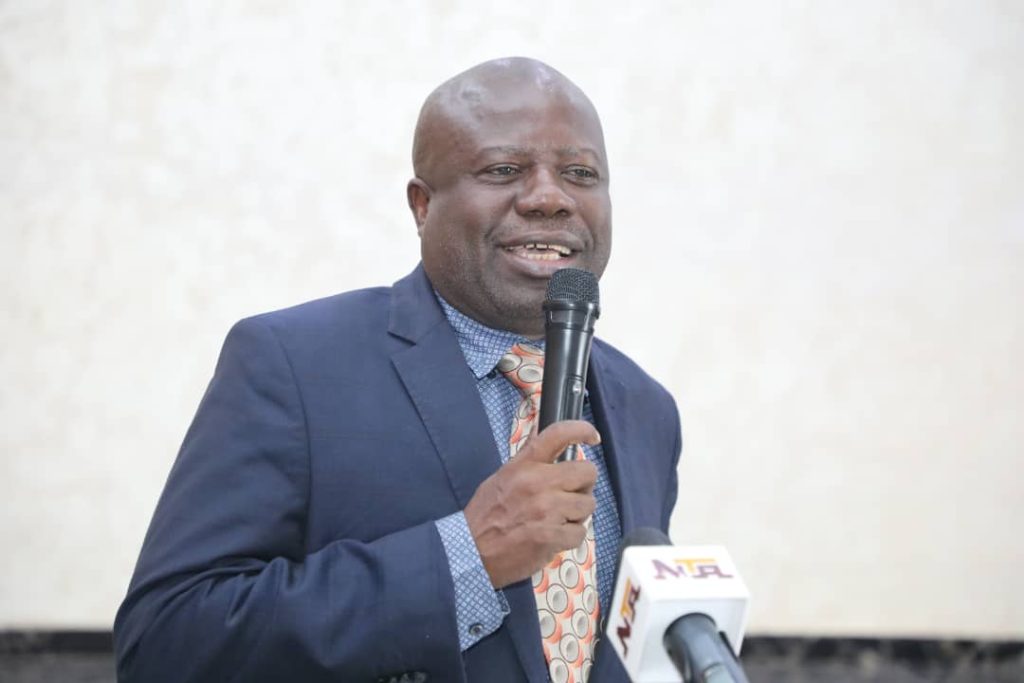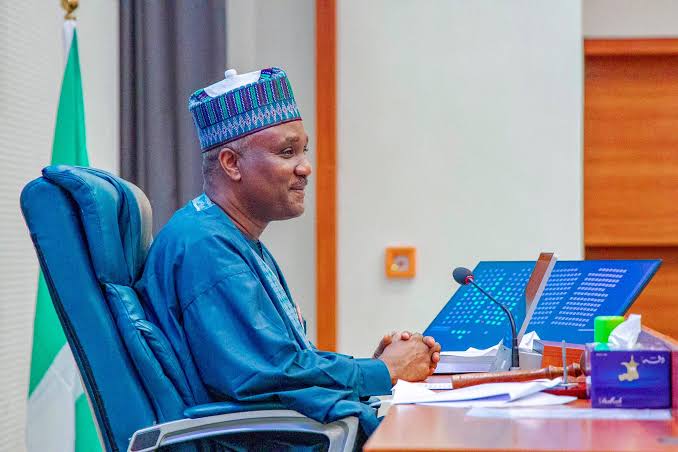By Agbo Christian Obiora
In a powerful call for inclusion and justice, the Speaker of the House of Representatives, Rt. Hon. Tajudeen Abbas, has emphasized that caring for Persons with Disabilities (PwDs) is not merely an act of goodwill but a fundamental human right that must be upheld by all just societies.
Abbas made this declaration on Monday, February 5, 2024, while declaring open a One-Day National Stakeholders’ Consultation on Nigeria’s Commitments for the 2025 Global Disability Summit (GDS2025) in Abuja. The event, organized by the National Commission for Persons with Disabilities (NCPWD), served as a platform for critical discussions on Nigeria’s progress and commitments ahead of the 2025 Global Disability Summit set to hold in Germany in April 2025.
Represented by the Chairman of the House Committee on Disability Matters, Hon. Bashiru Dawodu, the Speaker reaffirmed the National Assembly’s commitment to enacting progressive legislation that safeguards the dignity, welfare, and wellbeing of persons with disabilities in Nigeria.

A Call to Action: Disability Rights Are Human Rights
Speaking at the consultation, Abbas highlighted the global consensus that caring for persons with disabilities goes beyond charity—it is a matter of social justice, human dignity, and fundamental rights.
“It is globally resolved that caring for PwDs is not just an act of kindness, but a fundamental human right and part of the obligations of a just society,” he stated.
He further stressed that fostering inclusive policies and infrastructure is crucial in ensuring that persons with disabilities enjoy equal opportunities and a life of dignity.
“Caring for PwDs is about the restoration and preservation of human dignity,” he added.
Assessing Nigeria’s Progress and Gaps in Disability Inclusion
With Nigeria preparing for its participation in the 2025 Global Disability Summit, the Speaker emphasized the importance of reviewing past commitments and identifying areas where progress has been made, as well as gaps that require urgent attention.
“As we prepare for the 2025 Global Disability Summit, we must review our progress towards inclusion and equity for PwDs, identify gaps in our commitments, and reaffirm our resolve to drive towards a more inclusive future,” Abbas said.
He noted that issues of accessibility, equity, and inclusion for persons with disabilities should not be seen as mere social initiatives but as critical elements of national development and community-building values.
“The issues about equity and access for disabled persons in our country are about our common humanity. The opportunity that we have today is for us to make meaningful commitments that will transform the lives of our disabled brothers and sisters,” he urged.
Nigeria’s Commitment to the Global Disability Summit 2025
The Global Disability Summit (GDS) is a high-level international gathering where governments, civil society organizations, and development partners make commitments to advancing disability rights and inclusion worldwide. The 2025 edition, to be hosted in Germany, will provide Nigeria with an opportunity to showcase its efforts, but also to reaffirm its commitment to the inclusion of persons with disabilities.
At the consultation, key stakeholders, including representatives from the government, civil society, and the disability community, engaged in discussions on Nigeria’s progress in disability inclusion since the last GDS in 2022. The deliberations focused on areas such as:
- Implementation of the Discrimination Against Persons with Disabilities (Prohibition) Act, 2018
- Improving accessibility in public buildings and infrastructure
- Employment opportunities for PwDs in the public and private sectors
- Access to quality education and healthcare for PwDs
- Strengthening disability-inclusive social protection policies
The Role of the Legislature in Disability Rights
Rt. Hon. Abbas reaffirmed the House of Representatives’ dedication to enacting stronger policies and oversight measures that protect the rights of persons with disabilities. He assured that the legislative arm of government would continue to provide legal backing and institutional support to ensure full implementation of Nigeria’s disability laws.
“These are essential community-building values, and that is the significance of the Global Disability Summit,” Abbas remarked.
He urged all stakeholders—including government institutions, civil society, and the private sector—to actively contribute to Nigeria’s commitments ahead of GDS2025, ensuring that persons with disabilities are not left behind.
The Road Ahead: A More Inclusive Nigeria
As Nigeria prepares for the 2025 Global Disability Summit, all eyes will be on the government’s ability to translate commitments into concrete actions that improve the lives of persons with disabilities across the country.
With Speaker Abbas’s strong message of disability rights as human rights, the conversation has shifted from charity to justice, placing renewed pressure on policymakers, institutions, and society at large to uphold the dignity and rights of all Nigerians—regardless of ability.
The journey toward full disability inclusion is far from over, but with political will, strong policies, and active engagement from all sectors, Nigeria can make significant strides in ensuring that no one is left behind.
“Stay Informed, Stay Inspired! Click the link below to Join The Qualitative Magazine WhatsApp Channel Today for Exclusive Updates on Disability Advocacy and Inclusion!”


